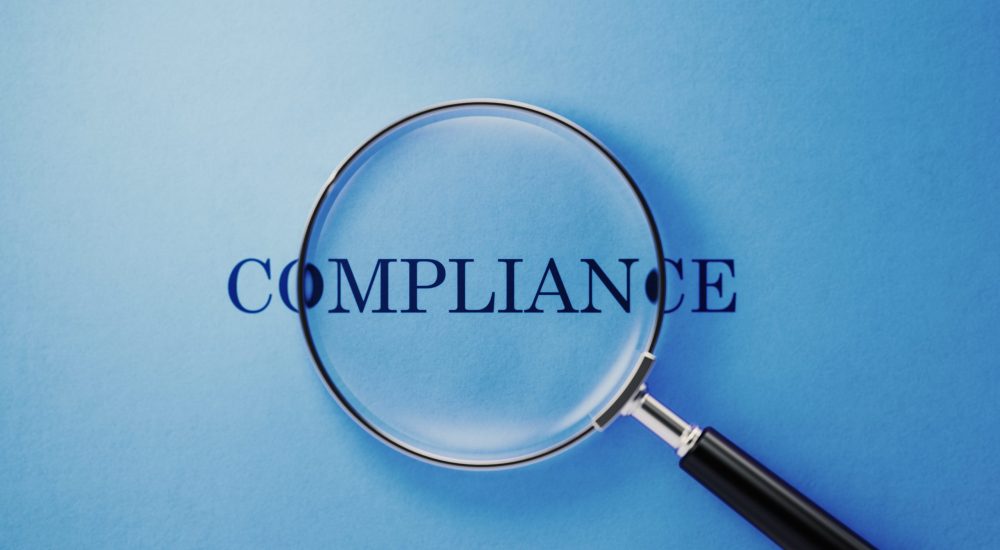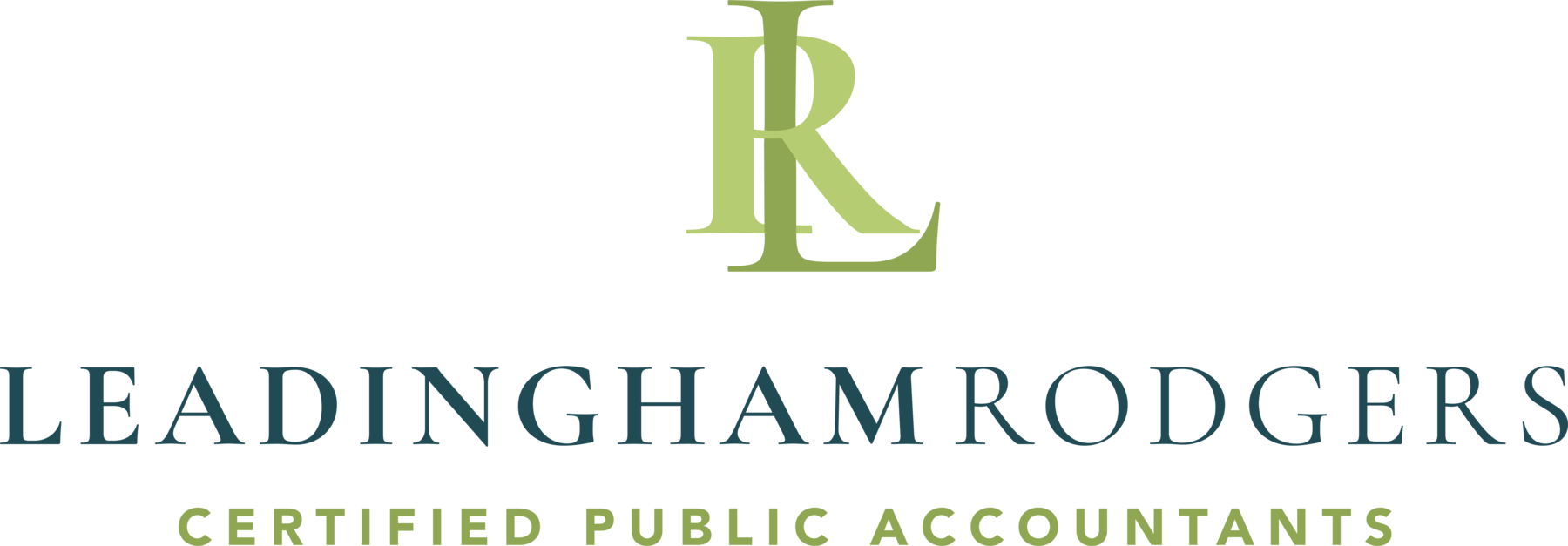
Managing compliance: how it can make our break your business
Our staff here at Leadingham Rodgers is committed to ensuring that clients remain in good standing across all accounting measures. Taxes, bookkeeping, insurance, retirement benefits—we balk at nothing when it comes to the financial health and stability of you or your business. Today, we want to talk about managing compliance.
As a business owner or manager, it’s difficult to divert your attention away from the main objectives of growth and expansion. Dealing with accounting tasks can seem like a drag on your progress. Should you fail to attend to them, however, record-breaking growth and investment won’t be able to save your business from regulators and collectors. This goes doubly for managing compliance, which varies widely across industries and sectors.
Let’s take a look at the do’s and don’ts of managing compliance so that your business is protected from legal and regulatory ramifications.
Compliance Is More Than Accounting & Finance
It should be noted that managing compliance requires a look at more than your financial transactions. While today’s blog will focus on accounting and finances, there are many other characteristics of compliance that must be considered. Here are a few examples:
- Sexual harassment policy
- Race & gender policy
- Environmental law
- HIPPA guidelines
- Privacy & data breach
These are just five of many corporate compliance attributes that deal with measures outside finances and accounting principles. Small or large, it’s important that you have company culture & policy handbooks that must be signed by employees along with compliance training.
Managing Compliance: The Do’s & Don’ts
Do: Research Your Business, Industry & Sector
The compliance measures that apply to your company may depend on certain factors. For example, public companies follow countless compliance measures. Being a publicly-traded company requires more transparency.
Additionally, there are certain industries and sectors that require specific or additional compliance measures. Gambling companies, which are being legalized for the first time across the U.S., must follow regulations that vary from state to state, regardless of the company’s place of incorporation.
Leadingham Rodgers professional CPAs help clients understand precisely what’s necessary for them to manage compliance depending on the nature of their business, industry, and sector.
Don’t: Go Through The Motions
Creating and managing a compliance plan aren’t enough. You have to create and manage a thoroughly researched and detailed compliance plan.
Researching your business, industry, and sector is one of countless tasks related to managing your compliance measures. You’ll have to do additional research to understand where you’re liable to any malpractice, fines, or other risks.
It’s nearly impossible to do this alone. Working with a professional CPA here at Leadingham Rodgers allows you to manage compliance while still attending to the core tasks that make headquarters happy.
Do: Stay Ahead Of The Curve
Managing compliance is far from a one-off affair. As a business owner or manager, you need to be constantly updating your compliance measures, manuals, and training.
Let’s go back to our example of gambling businesses: varying states and cities will have different opinions about the nature of and extent to which gambling should be regulated. Furthermore, these laws and regulations are liable to change as a result of the industry being in its infancy. If gambling companies like DraftKings left their compliance plan to collect dust, they’d be sued back to the stone age within a year.
The same could be said for any newly legalized business. Moreover, regulations vary across all locations and industries.
New pieces of legislation that may affect your business, whether it’s changes to the tax code or the manner in which depreciation and amortization must be reported, can present themselves at any time. Leadingham Rodgers stays on top of these changes so that you don’t have to worry about them on a daily basis.
Don’t: Copy & Paste From Google
Your compliance plan needs to be customized to your business. Lifting generic language from compliance handbooks and manuals from other businesses will only hurt yours in the long run. Yes, it takes time to create a plan. But that’s why it’s integral to work with a professional CPA.
The Bottom Line
There are similarities woven through the do’s and don’ts listed above. From doing your research to creating an original plan, the bottom line is that a compliance plan requires time and effort. Furthermore, without this time and effort, you leave your business wide open to a vast array of serious consequences.
Here at Leadingham Rodgers, we assist or take on the burden of client compliance plans. We do our due diligence to ensure that your plan is thoroughly researched and customized to your needs.
Don’t try to cut corners. Give us a call today and protect your business from noncompliance.
Leadingham Rodgers Customized Compliance Plans
Whether you’re running a large, profitable business or a fast-growing startup with a big idea, the last thing you want to do is jeopardize your hard work. Without managing compliance, you leave your business open to a wide range of risks. Leadingham Rodgers helps businesses manage their compliance with accounting standards across all industries, sectors, and locations. That’s what Leadingham Rodgers is here for. Contact us today for your free consultation.
